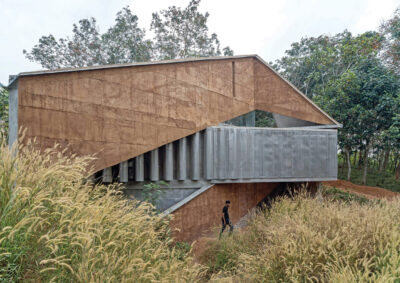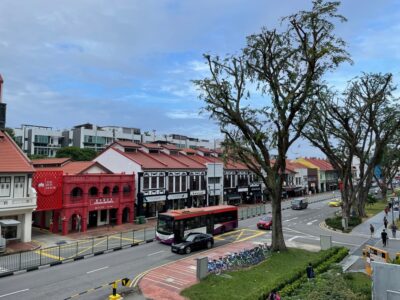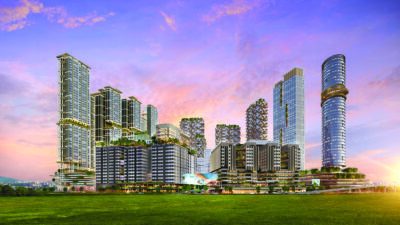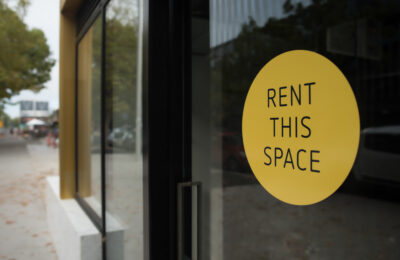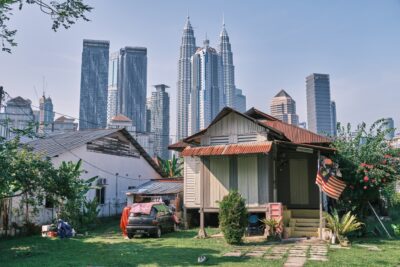The Philippines’ recent virus spike prompt further delay in infrastructure projects
Infrastructure projects under the “Build, Build, Build,” program would lead to jobs and economic activities that could uplift the economy
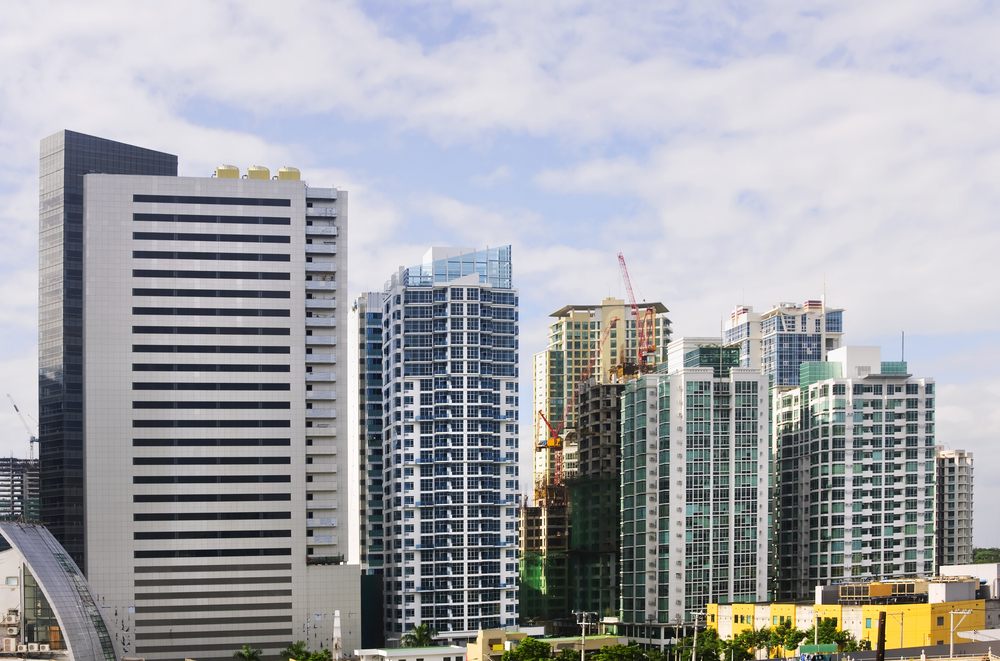
As reported on Inquirer.net, the latest spike in COVID-19 cases in the Philippines may delay the completion of big-ticket infrastructure projects once again, as the country’s chief economist said protocols must ensure that the virus does not spread among construction workers.
Karl Kendrick Chua, acting socioeconomic planning secretary, said, “There is a higher risk now given the spike, so it will affect various activities, including infrastructure. But once the risk is managed, we expect it to return to a more regular level.”
Chua, who also heads the state planning agency National Economic and Development Authority (Neda), added that existing protocols need to be enforced fully to prevent COVID-19 from spreading further, while infrastructure construction proceeds.
Despite the ongoing pandemic, Secretary Vivencio Dizon, presidential adviser on flagship programs and projects, said the infrastructure projects under the “Build, Build, Build” program were still ongoing implementation. The economic team has been optimistic that this initiative would result in jobs and economic activities that would boost the economy.
The current “Build, Build, Build” pipeline included 104 projects valued at PHP4.13 trillion (USD85 million), and Dizon said that the Neda Board-led committee on infrastructure (InfraCom) will revisit the progress of big-ticket projects by end of March.
The government also plans to renegotiate the terms of public-private partnership (PPP) projects and perhaps extend their contracts to allow private firms to pick up their investments, considering the economic “new normal” brought upon by the pandemic.
Dizon explained that extending PPP projects’ terms will allow for investment recuperation as “it will probably take a couple of years for demand to normalise.”
Another possible assistance to private proponents would be for the government to delay its share of revenues until such projects’ operations normalise. The government has budgeted PHP1.17 trillion, or 5.9 percent of GDP, for infrastructure spending this year.
More: Vaccines trigger growth opportunities for the Philippines’ real estate market
Public infrastructure expenditure was sacrificed last year to fight the health and socioeconomic crises induced by the pandemic.
In last week’s report, the Beijing-based multilateral ender Asian Infrastructure Investment Bank (AIIB) noted the slow implementation and loan disbursement for the massive flood control project it was co-financing in Metro Manila due to the extended quarantine.
“Project implementation has been progressing slower than originally agreed on timelines. The modernisation of one pumping station, Balut, progressed well until the enhanced community quarantine was put in place on March 16, 2020. The extended COVID-19 lockdown has significantly impacted the project progress, particularly the procurement process over the first half of 2020,” the AIIB said in its updated monitoring report for the Metro Manila flood management project.
Recommended
Meet the vagabond architect behind India’s housing scene
Vinu Daniel is helping to shake up India’s home building setting
Where Asian real estate stands in a fragmented, warmer world
Asia’s real estate industry faces many and varied challenges as external factors continue to bite
6 sights to see in Singapore’s Marine Parade
Handily located Marine Parade has emerged as a vibrant investment choice in the Lion City
There’s a township dedicated to health and wellness in Malaysia
Property seekers have their health needs catered for at KL Wellness City

